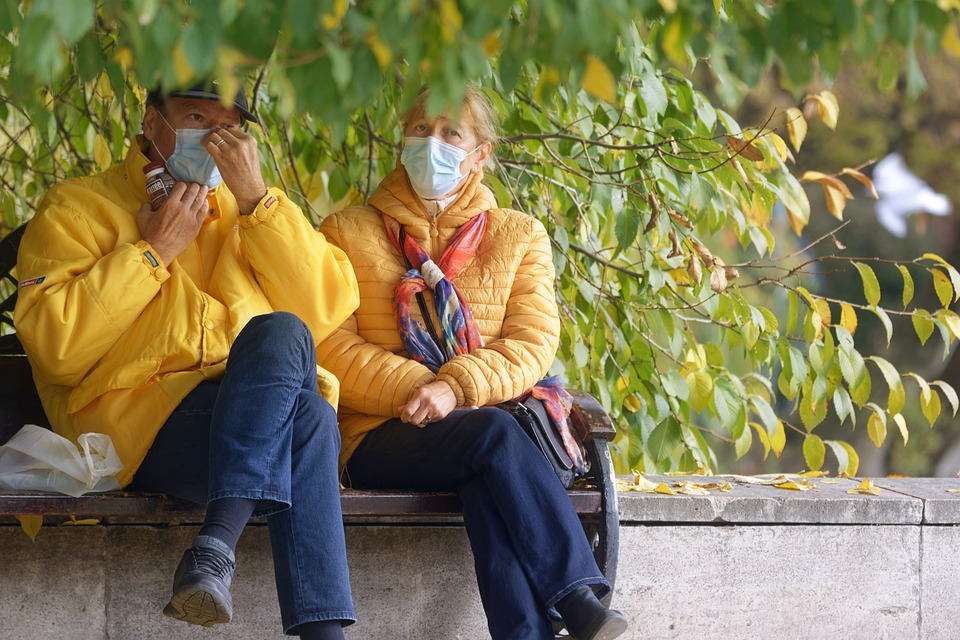Introduction
The advent of the global pandemic has brought about numerous challenges for individuals worldwide. Beyond the devastating effects on physical health and the strain on healthcare systems, the pandemic has also had a profound impact on mental health. In this article, we will delve into some of the key mental health effects of the global pandemic, highlighting the significance of acknowledging and addressing these issues.
Increased Anxiety and Fear
One of the most prevalent mental health effects of the global pandemic is the significant increase in anxiety and fear experienced by individuals. The uncertainty surrounding the virus, combined with the continuous media coverage, has fueled a sense of apprehension and stress. People find themselves constantly worrying about their health, that of their loved ones, and the overall future in the wake of the pandemic.
Impact on Daily Life
The heightened anxiety and fear have had a substantial impact on daily life. Individuals may find it challenging to engage in regular activities due to fear of contracting the virus. The constant worry may also lead to disturbances in sleep, appetite, and concentration levels. Moreover, social isolation and distancing measures have significantly altered social interactions and support systems, contributing to increased feelings of loneliness and exacerbating mental health concerns.
Addressing the Issue
To address the increased anxiety and fear resulting from the global pandemic, it is crucial to promote open conversations about mental health and provide support mechanisms. This can be accomplished through accessible mental health resources, such as helplines, online counseling services, and educational campaigns that emphasize self-care and stress management techniques.
Depression and Loneliness
Another mental health consequence of the pandemic is the rise in depression and feelings of loneliness. With the implementation of various restrictions and lockdown measures, individuals have faced reduced social interactions, leading to increased isolation. The lack of face-to-face contact and limited access to support networks have contributed to a decline in mental well-being.
Social Isolation and Loneliness
Social isolation resulting from the pandemic has been a significant contributor to feelings of loneliness. The absence of social gatherings, events, and physical contact has left many individuals feeling disconnected from their loved ones and communities. Human beings are social creatures, and the prolonged lack of social interaction can be detrimental to mental health.
Preventing Depression and Loneliness
To prevent and address depression and loneliness, it is essential to prioritize connection and social support. Encouraging virtual socializing, organizing online group activities, and facilitating safe in-person interactions where possible can help combat the negative impact of social isolation. Additionally, advocating for mental health services that address and treat depression and loneliness is critical in supporting those affected by these issues.
Stress and Burnout
The pandemic has significantly increased stress levels and contributed to burnout among individuals. The disruption of routines, financial challenges, and concerns about job security have added a tremendous burden on people’s psychological well-being. Many individuals are experiencing prolonged periods of stress, often leading to exhaustion and feelings of being overwhelmed.
Work from Home Challenges
The abrupt shift to remote work for many has presented unique challenges that contribute to stress and burnout. The blurring of boundaries between work and personal life, technological issues, and lack of proper workspace have made it difficult for individuals to maintain a healthy work-life balance. Additionally, the lack of social interaction with colleagues and the pressure to constantly be available can intensify stress levels.
Self-Care and Psychological Support
To mitigate stress and burnout, organizations and individuals must prioritize self-care practices. Encouraging breaks, setting clear boundaries between work and personal life, and promoting healthy lifestyle choices can have a positive impact on mental well-being. Employers should also provide access to psychological support, including counseling services and stress management programs, to help employees cope with work-related stressors.
Conclusion
The global pandemic has not only affected physical health but has also taken a toll on mental well-being. Anxiety, fear, depression, loneliness, stress, and burnout have become increasingly prevalent during these challenging times. It is imperative that we recognize the importance of addressing these mental health effects and create a supportive environment that promotes psychological well-being. Through open conversations, accessible resources, and prioritizing self-care, we can help individuals navigate the impacts of the pandemic and promote resilience in the face of adversity.




